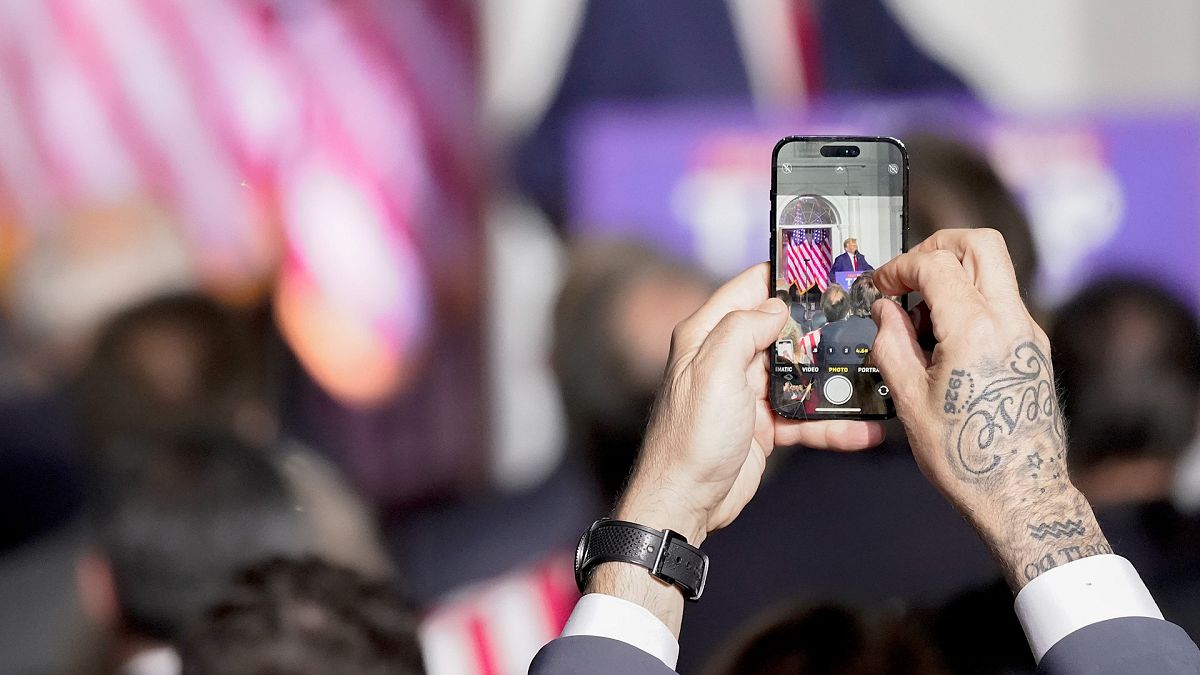In the midst of a closely contested race for the US presidency, both Donald Trump and Kamala Harris have chosen to dedicate some of their final media campaigning moments to podcasts. While the traditional route would involve interviews on established programs like 60 Minutes, the candidates are opting for a more informal and comfortable setting provided by podcasts. This shift in strategy is reflective of a broader trend where politicians are engaging with audiences in more relaxed environments.
Podcasts offer a unique platform for politicians to humanize themselves, connect with voters, and showcase a different side of their persona that may not be evident in mainstream news coverage. By appearing on popular podcasts hosted by well-known personalities, candidates are able to reach a wide audience and appeal to specific demographics that may be less engaged with traditional media. For instance, Harris’ appearance on Call Her Daddy highlighted her stance on women’s health issues, while Trump’s interview on the Joe Rogan Experience catered to a predominantly male audience.
The choice of podcasts as a campaign tool also reflects a broader strategy aimed at appealing to younger voters. With the majority of podcast listeners falling within the Gen Z and Millennial age group, candidates see podcasts as an effective way to reach undecided and independent voters who are less likely to engage with mainstream political discourse. By engaging with podcasts that cover a wide range of topics beyond politics, candidates are able to connect with audiences in a more authentic and relatable manner.
However, the rise of podcasts as a campaign tool also comes with challenges, particularly in terms of media influence and manipulation. Recent cases have highlighted how podcast production companies backed by dubious sources can serve as a platform for spreading misinformation and propaganda. In the age of social media and digital platforms, the reach and impact of podcasts can be magnified, leading to concerns about the potential for foreign interference in domestic politics.
While podcasts have been hailed as a new frontier in political communication, it is important to recognize that they are just one of many channels through which politicians engage with the public. Social media platforms like TikTok and YouTube also play a significant role in shaping public opinion and influencing voter behavior. As the US election draws near, it remains to be seen how podcasts will continue to shape the political landscape and impact the outcome of the race.










